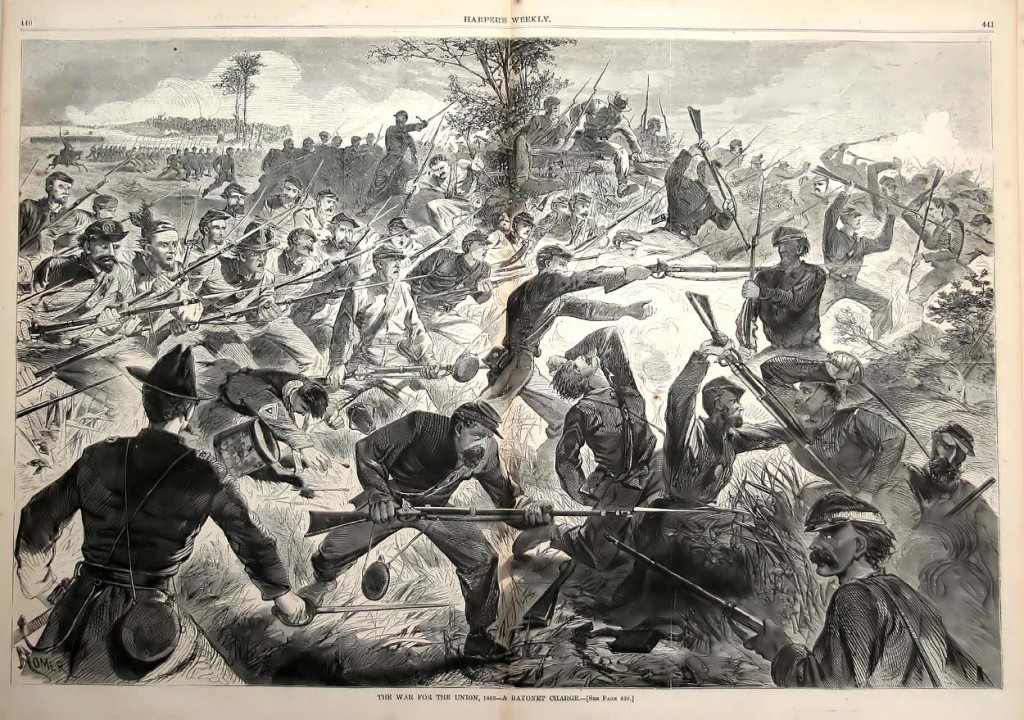
Rocco Landesman has barely been confirmed as new leader of the National Endowment for the Arts, and already it’s beginning to look like Bull Run.
To be fair, Landesman fired first.
We’re going to get away from this democracy-for-the-sake-of-democracy idea, he told the New York Times, and back to setting some good old-fashioned standards. No more spreading cash around just to be geographically correct. Money’s going to flow to quality — and that’s much more likely to be found in a big mainstream operation like Chicago’s Steppenwolf Theatre than in some little theater in Peoria.
Now the <100K Project (motto: “Bringing the Arts Back Home”) has fired back, branding Landesman as an anti-democratic elitist who equates art with money and power and who fundamentally misunderstands that art belongs to everyone. The post is worth reading, complete with comments.
It’s important to understand that these combatants, while they may be equally committed to the idea of art, are coming from very different places. The <100K Project is concerned with nurturing art in communities with less than 100,000 population: It believes that culture is everywhere, and has an intensely local base. Landesman is an urban high-roller, a big-deal Broadway producer who believes (and I hope I’m not putting false words in his mouth) that the best art and artists tend to accrue in large population centers — our New Yorks and Chicagos and the like — and are therefore the art and artists that must be kept flourishing. If “lesser” art sources in “lesser” places die in the process … well, that’s the price of ensuring quality.
It’s an old question, and always prone to pendulum swings. Who is art for? Is it participatory or inspirational? Do we travel to where it is, or bring it to where we are? There’s a history here: Too bad if you’re a Peoria or Portland and can’t afford the best. If you’re a Pendleton or Prineville, you’re not even in the discussion. The wealthy and otherwise privileged can travel to world cultural centers to experience the best. For the rest, well, there’s always TV. The abandonment of small towns and even medium-sized cities in the new economics is a social and cultural issue of real and under-discussed importance.
Yet quality IS an issue. We DO want to recognize that some things are better than others, and we do believe that those things should survive. So where are we: In a sectarian battle between big and small? Worrying about an issue that doesn’t exist? Jumping the gun on our ideas of who Landesman is and what he’ll do?
Oregon has consistently been treated as a colonial outpost in the national cultural game, as it has been in politics and economics. Even in the recent share-the-wealth days of NEA chairmen Bill Ivey and Dana Gioia, Oregon has had less NEA money returned to it than strictly statistical disbursement based on its share of the national population would dictate. One explanation (a pretty weak one) for that has been that money allotted to larger states can also be beneficial to smaller ones: Radio broadcasts of the Metroplitan Opera, for instance, that go to stations across the country.
Who’s right in this argument? Which way should the NEA go? Is it possible that both quality and geography can be served? Let’s hear your ideas.